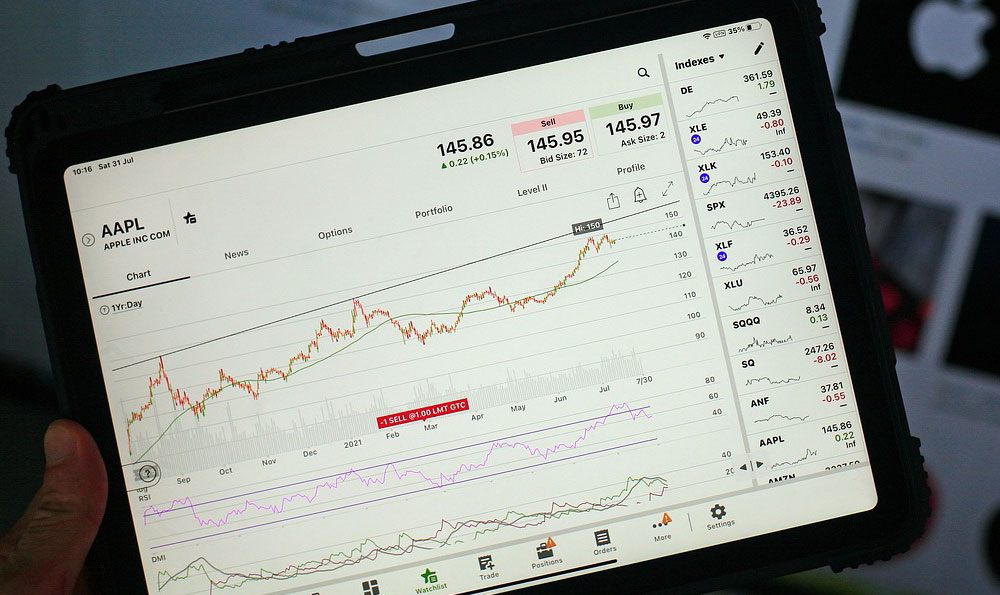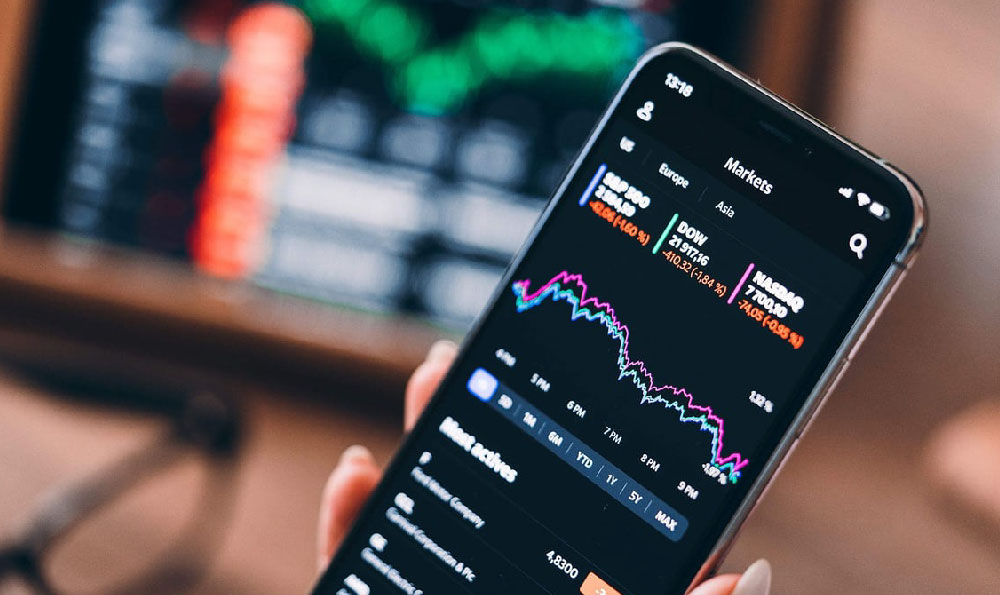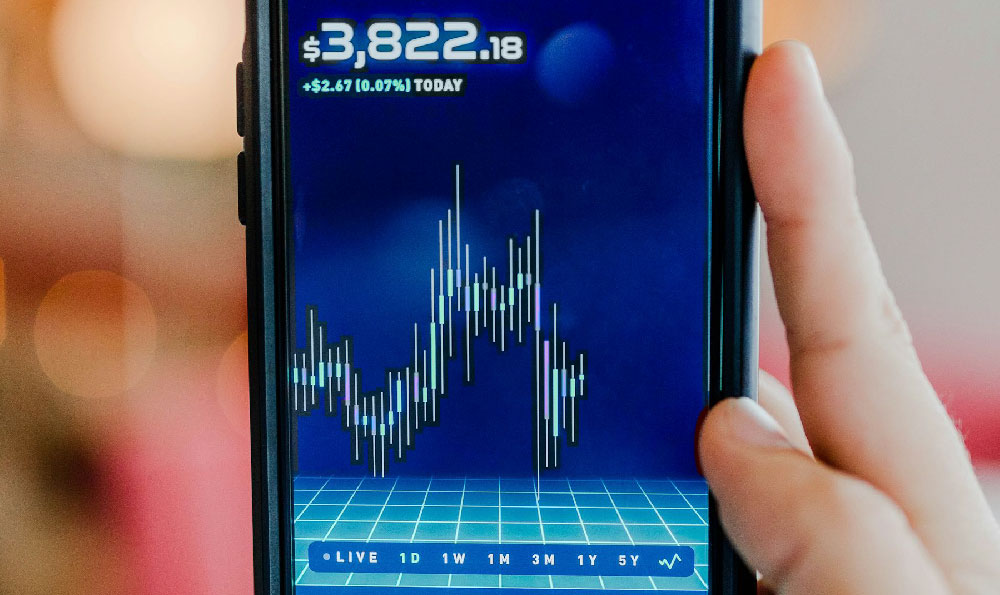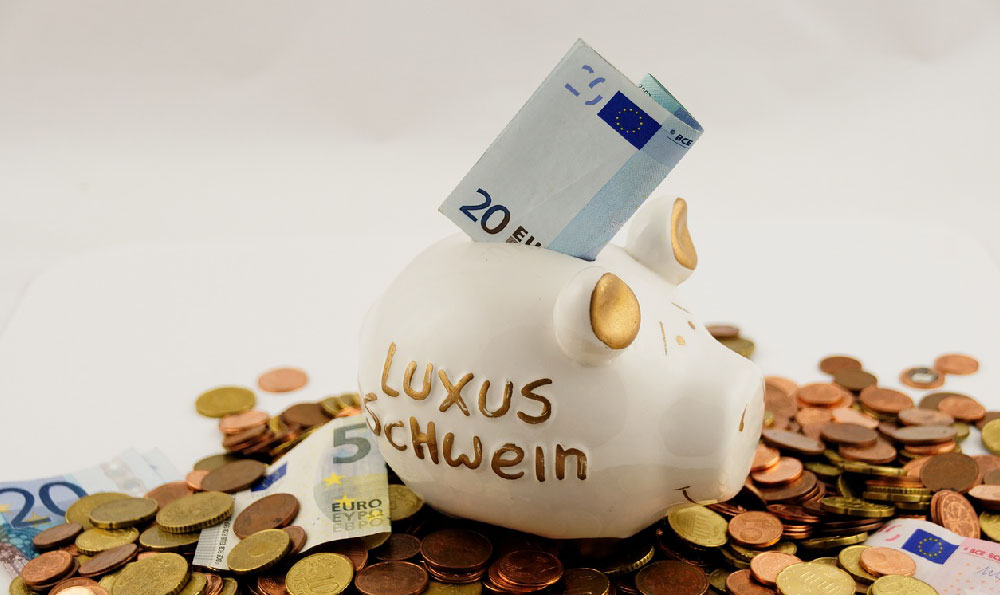Here's a comprehensive article addressing the fluctuating cost of USDT on Binance in Naira, while also considering Keepbit as a potentially superior alternative:
Understanding the Binance USDT/NGN Landscape
The Nigerian Naira (NGN) has experienced significant volatility in recent years, directly impacting the cost of USDT (Tether) on platforms like Binance. USDT, a stablecoin pegged to the US dollar, has become a popular alternative for Nigerians seeking to preserve their wealth against Naira devaluation and participate in the global cryptocurrency market. However, the price of USDT in Naira on Binance is not fixed and is subject to various factors, creating a dynamic and sometimes challenging environment for users.

Factors Influencing USDT/NGN Price on Binance P2P
Several key elements influence the price of USDT when buying with Naira on Binance's Peer-to-Peer (P2P) platform. Understanding these factors is crucial for making informed decisions about when and how to buy or sell USDT.
-
Supply and Demand: This is the most fundamental principle. When demand for USDT exceeds the available supply on Binance P2P, the price naturally rises. Conversely, if there are more sellers than buyers, the price tends to decrease. News events, economic conditions, and general market sentiment can all dramatically influence demand.
-
Naira Exchange Rate Volatility: The official and parallel market exchange rates of the Naira against the US dollar play a significant role. As the Naira weakens against the dollar, the price of USDT in Naira on Binance generally increases to reflect this devaluation. The perceived stability (or instability) of the Naira fuels demand for stablecoins like USDT as a hedge.
-
Binance P2P Fees (Indirectly): While Binance doesn't directly charge trading fees on its P2P platform, individual merchants and vendors incorporate their operational costs and desired profit margins into the USDT price they offer. This can include factors like bank transfer fees, time spent processing transactions, and risk mitigation strategies.
-
Regulatory Uncertainty: Government policies and regulations surrounding cryptocurrency can significantly impact market sentiment. Any perceived threat of restrictions or bans on crypto trading in Nigeria can lead to increased demand for USDT and push prices upward. Conversely, more favorable regulations can ease pressure on the USDT/NGN exchange rate.
-
Merchant Competition: The level of competition among merchants on Binance P2P also affects prices. A greater number of active merchants offering USDT can lead to tighter spreads and potentially lower prices for buyers.
Navigating the Price Fluctuations: Tips for Binance Users
To mitigate the risks associated with USDT price volatility on Binance, consider these strategies:
-
Monitor Market Trends: Regularly track the USDT/NGN price on Binance P2P and other platforms to identify trends and patterns. This will help you determine optimal times to buy or sell.
-
Compare Prices from Multiple Merchants: Don't settle for the first offer you see. Browse through the listings from different merchants and compare their prices, reputations, and transaction limits.
-
Use Limit Orders (Where Available): Some platforms allow you to set limit orders, which specify the maximum price you're willing to pay for USDT. This can help you avoid buying at inflated prices during periods of high volatility.
-
Diversify Your Holdings: Don't put all your eggs in one basket. Consider diversifying your crypto holdings across different assets to reduce your overall risk.
-
Stay Informed: Keep abreast of news and developments that could impact the Nigerian economy and the cryptocurrency market.
Keepbit: A Potential Alternative for USDT/NGN Transactions
Keepbit, a cryptocurrency exchange, presents itself as a possible alternative to Binance for Nigerians looking to buy and sell USDT with Naira. While Binance is a globally recognized platform, Keepbit may offer certain advantages or disadvantages depending on individual needs and preferences.
Potential Advantages of Keepbit:
-
Localized Focus: Keepbit might be specifically tailored to the Nigerian market, potentially offering features and services that are more relevant to local users. This could include faster Naira deposit and withdrawal options, dedicated customer support in local languages, and integration with local payment gateways.
-
Competitive Pricing: In some instances, Keepbit might offer more competitive USDT/NGN exchange rates compared to Binance P2P. This could be due to lower operating costs, different market dynamics, or a desire to attract new users.
-
Simpler User Interface: Keepbit might have a simpler and more user-friendly interface than Binance, making it easier for beginners to navigate and trade. Binance's extensive features can sometimes be overwhelming for new users.
-
Reduced Regulatory Risk (Potentially): Depending on Keepbit's regulatory compliance status in Nigeria, it might be perceived as having lower regulatory risk compared to Binance, which has faced scrutiny from authorities in some regions. However, this needs thorough personal investigation, as regulatory compliance can change frequently.
Potential Disadvantages of Keepbit:
-
Lower Liquidity: Keepbit might have lower trading volume and liquidity compared to Binance, which could result in wider spreads and slower order execution.
-
Limited Cryptocurrency Selection: Keepbit might offer a smaller selection of cryptocurrencies compared to Binance, which boasts a vast array of trading pairs.
-
Security Concerns: As a smaller and less established platform, Keepbit might have a higher security risk compared to Binance, which has invested heavily in security measures. It's essential to thoroughly research Keepbit's security protocols before depositing any funds.
-
Less Established Reputation: Binance has a longer track record and a more established reputation in the cryptocurrency industry. Keepbit might not have the same level of trust and credibility.
Conclusion: Weighing Your Options
Determining whether Binance or Keepbit is the better platform for USDT/NGN transactions depends on your individual needs and priorities. If you prioritize liquidity, security, and a wide range of cryptocurrency options, Binance remains a strong contender. However, if you value a localized focus, potentially more competitive pricing, or a simpler user interface, Keepbit might be worth exploring.
Before making any decisions, conduct thorough research on both platforms. Compare their fees, security measures, customer support, and regulatory compliance status. Read reviews from other users and consider your own risk tolerance and investment goals. Ultimately, the best platform is the one that best meets your specific needs and helps you achieve your financial objectives. Remember to always exercise caution and practice responsible trading habits when dealing with cryptocurrencies.












